Data Benefit

How can businesses benefit from implementing digital identity solutions ?
Digital identity solutions offer businesses enhanced security, improved customer experiences, increased efficiency, and scalability. They reduce fraud risks, protect data, streamline onboarding, personalize services, automate processes, and provide reliable data for better decision-making. These benefits help businesses stay compliant with regulations, save costs, and adapt to evolving technology.

What is data privacy ?
Data privacy is the protection of personal information from unauthorized use. It's important for individual rights, building trust, legal compliance, and risk mitigation. Principles include data minimization, anonymization, encryption, transparency, consent, access control, retention, integrity, and accountability. Best practices involve regular audits, employee training, updating policies, secure systems, and response plans for data breaches.
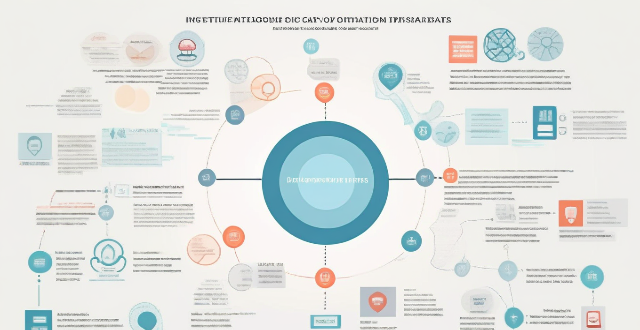
How can educational institutions use data analytics to improve student outcomes ?
Educational institutions can use data analytics to improve student outcomes by identifying areas of focus such as performance tracking, curriculum analysis, and student engagement. Implementing data-driven strategies like personalized learning, predictive analytics, and resource allocation can further enhance student success. Continuous evaluation and collaboration are key to measuring success and making necessary adjustments.

How has the use of wearable technology impacted sports data analysis ?
Wearable technology has revolutionized sports data analysis by enabling real-time performance monitoring, injury prevention, training optimization, and strategic decision-making. Athletes can receive immediate feedback on their performance metrics, while coaches can tailor training loads and develop game plans based on accurate data. Wearables also aid in injury prevention and recovery tracking. Fan engagement is enhanced through interactive experiences and broadcast enhancements. Future developments include advanced analytics and integration with other technologies. Overall, wearable technology has significantly transformed sports data analysis for the betterment of athletes' health, performance, and team strategies.

How does data encryption affect computer performance ?
Data encryption is crucial for securing data but can affect computer performance by increasing processor load, memory usage, disk I/O, network latency, and reducing battery life.
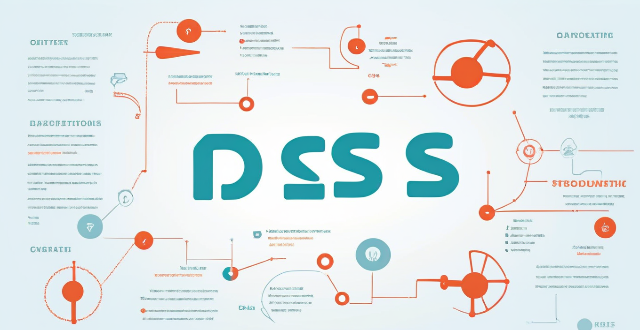
What are the risks associated with weak or improperly implemented data encryption ?
This article discusses the risks associated with weak or improperly implemented data encryption, which can lead to data breaches, loss of trust from customers and stakeholders, legal and regulatory compliance issues, difficulty in recovery, vulnerability to advanced threats, difficulty in detecting breaches, and diminished protection against insider threats. It emphasizes the importance of using strong encryption algorithms, implementing them correctly, and regularly reviewing and updating encryption practices to protect sensitive information and maintain trust.

How can developing countries benefit from implementing renewable energy solutions ?
Renewable energy solutions offer significant benefits for developing countries, including reduced energy costs, job creation, improved health and environmental quality, increased energy security, and climate change mitigation. By investing in renewable energy infrastructure, these countries can build more sustainable and prosperous futures for themselves and their citizens.

Why is data encryption important for online security ?
Data encryption is crucial for online security, protecting dataData encryption is crucial for online security, protecting data the financial impact of breaches It has evolved from ancient uses to a critical tool in today's digital landscape, with AI optimizing key management and enhancing algorithms.

How do developing countries benefit from the Clean Development Mechanism (CDM) ?
How Developing Countries Benefit from the Clean Development Mechanism (CDM) The Clean Development Mechanism (CDM) of the Kyoto Protocol brings numerous benefits to developing countries, including technology transfer, sustainable development, and environmental advantages. It also enhances their capacity building, global engagement, and influences policy-making towards sustainability. Overall, the CDM aids in reducing emissions while fostering economic growth and environmental conservation.
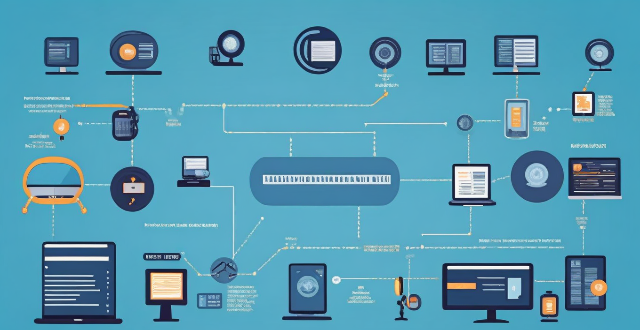
What are the benefits of having an unlimited data plan ?
An unlimited data plan offers benefits such as no data caps or overage charges, the ability to stream videos and music without worrying about data usage, using multiple devices simultaneously, working from anywhere, enjoying online gaming and social media, and better value for money.

How does space exploration benefit humanity ?
The benefits of space exploration for humanity include technological advancements, economic growth through job creation and commercial opportunities, global collaboration fostering peace, scientific discoveries about our universe, inspiration and education for future generations, preserving Earth by monitoring environmental changes, and national security measures. These benefits touch every aspect of human life, making space exploration a significant investment in our collective future.

How do data protection regulations handle sensitive personal data ?
Handling sensitive personal data under data protection regulations requires strict adherence to principles such as consent, minimization, purpose limitation, and security. Regulations like the GDPR in the EU, CCPA in the US, and PIPEDA in Canada impose specific conditions for processing sensitive information. Organizations must adopt best practices including assessment, privacy impact assessments, employee training, access controls, and monitoring to ensure compliance and protect individuals' privacy rights.
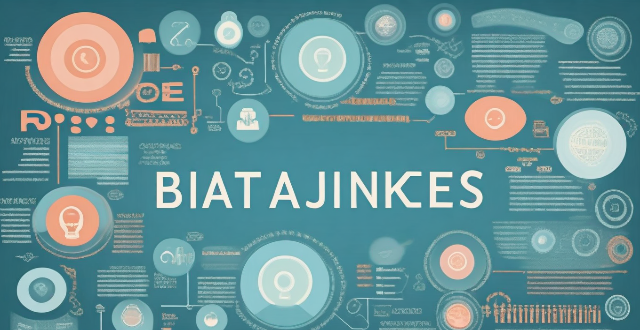
What is the difference between data privacy and data protection ?
The text discusses the difference between data privacy and data protection, emphasizing that understanding these concepts is crucial for managing personal information responsibly. Data privacy focuses on individual rights to control personal information, while data protection emphasizes organizational measures to safeguard that information. Both are essential for building trust and ensuring responsible data handling.

What role do sponsors play in sports charity events, and how do they benefit from it ?
The role of sponsors in sports charity events is crucial for the success of these events. Sponsors provide financial support, enhance brand awareness, promote corporate social responsibility, and create networking opportunities. In return, they benefit from increased exposure and brand recognition, building relationships with key stakeholders, potential tax benefits, and measurable results. Overall, sponsoring sports charity events allows companies to contribute to a worthy cause while positioning themselves as responsible corporate citizens committed to making a positive impact on society.

What role do data protection officers play under data protection laws ?
Data protection officers (DPOs) are crucial for ensuring compliance with data protection laws in organizations. They advise on compliance, develop policies, ensure adherence to regulations, educate stakeholders, and act as a point of contact for personal data requests.
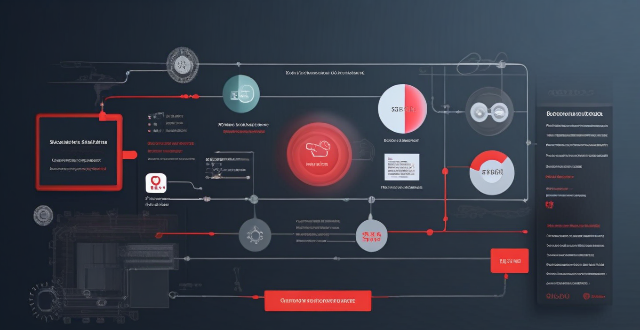
Can data encryption prevent data breaches and cyber attacks ?
Data encryption is a crucial security measure that can significantly reduce the risk of data breaches and cyber attacks by converting plain text into an unreadable format. However, it does not completely eliminate the risk of data breaches and cyber attacks. Encryption works through complex algorithms to scramble data so that it appears as random characters, requiring a secret key (or password) to decrypt the data back into its original form. There are two main types of encryption: symmetric and asymmetric. While encryption offers benefits such as confidentiality, integrity, authentication, and non-repudiation, it also has limitations including key management challenges, performance overhead, compatibility issues, human error, and advanced persistent threats (APTs). Therefore, organizations should implement other security measures such as firewalls, intrusion detection systems, regular security audits, and employee training programs to minimize the risk of cyber threats.
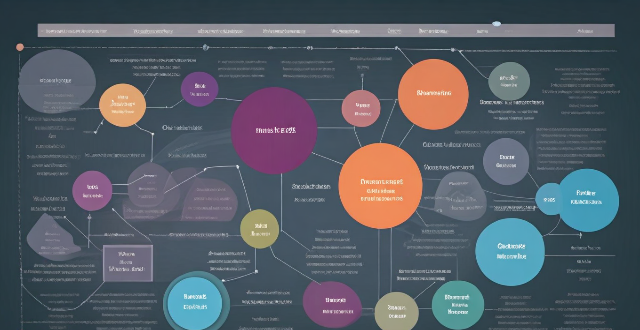
How do unlimited data plans differ from traditional data plans ?
Data plans are essential for internet usage, with unlimited and traditional data plans being the main types. Unlimited plans offer no data limits, predictable costs, and suit heavy users, while traditional plans have data limits, variable costs, and suit light users. The key differences include data limits, cost, and usage scenarios. Choosing the right plan depends on individual needs and usage patterns.

What is data encryption and how does it work ?
Data encryption is a crucial cybersecurity measure that transforms plaintext into ciphertext, protecting it from unauthorized access. It involves the use of complex algorithms and secret decryption keys. Encryption is significant for securing data at rest, in transit, and during processing, helping meet compliance requirements and reducing financial risks associated with data breaches. Its evolution includes historical precursors and wartime innovations, with AI expected to enhance its capabilities in the future.

What happens to my data during an iPhone repair ?
When you send your iPhone for repair, the repair center will take several steps to protect your data, including diagnostics, backup, data protection, testing, verification, and return of your device.

How can developing countries benefit from climate information sharing ?
Climate information sharing is vital for developing countries to address climate change challenges, offering benefits such as improved agricultural planning, disaster risk reduction, public health protection, economic development, and informed policy-making. By utilizing this data, these nations can adapt to environmental changes, build resilience, and ensure sustainable growth.

What are the rules regarding data breaches under data protection regulations ?
Data protection regulations have been established to ensure the confidentiality, integrity, and availability of personal data. These regulations set out specific rules regarding data breaches that must be followed by organizations that handle personal data. The key rules regarding data breaches under data protection regulations include notification of data breaches, mitigating their impact, record-keeping and reporting, penalties for non-compliance, and best practices for preventing data breaches. By adhering to these rules and implementing best practices, organizations can reduce the risk of data breaches and protect individuals' personal data.

How do we analyze the data collected from environmental monitoring ?
Analyzing data from environmental monitoring involves several steps, including data cleaning, descriptive analysis, inferential statistics, time series and spatial analyses, multivariate techniques, and reporting findings. These steps help understand the current state of the environment and identify potential issues.
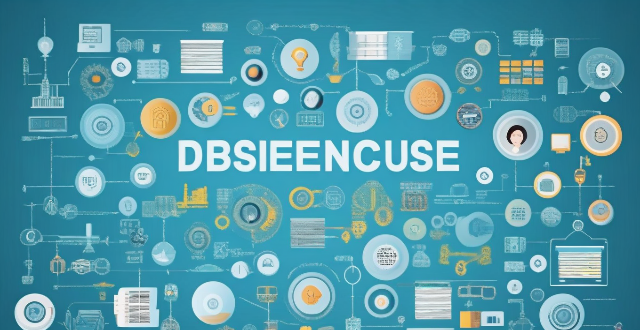
What are the consequences of a data breach ?
This text discusses the consequences of a data breach, including financial losses, loss of trust, reputation damage, and regulatory fines. It also highlights the long-term impact on business, legal implications, and personal impact such as identity theft and emotional distress. The text suggests mitigating measures such as implementing strong security measures, training employees, having a response plan, regularly updating systems, limiting access to sensitive data, backing up data, and insuring against data breaches.

Why is data privacy important ?
Data privacy is crucial in the digital age, protecting individuals and benefiting organizations. It ensures control over personal information, prevents misuse, and builds trust. Organizations mitigate risks, gain customer loyalty, and comply with laws by prioritizing data privacy. Key principles include transparency, individual control, data minimization, and security measures. Data privacy will continue to shape the relationship between individuals and technology, balancing innovation and privacy rights.

Can you explain the concept of 'data minimization' in data protection laws ?
Data minimization is a crucial principle in data protection laws that requires organizations to collect and process only the minimum amount of personal data necessary for specified, explicit, and legitimate purposes. This concept aims to protect individuals' privacy by limiting the potential harm that can result from the misuse or breach of their personal information. Key aspects of data minimization include collection limitation, purpose specification, data retention, data security, and accountability and transparency. Implementing robust security measures is crucial to ensure the confidentiality, integrity, and availability of personal data. Adhering to data minimization principles helps organizations comply with various data protection laws, fosters trust between individuals and organizations, reduces the risk of privacy breaches and violations, mitigates potential damage caused by cyberattacks or data breaches, and leads to cost savings for organizations due to reduced storage requirements and associated management costs.
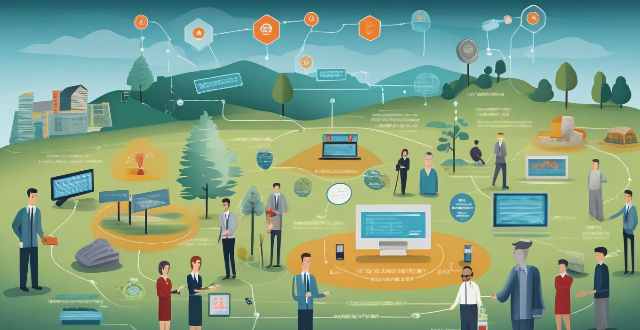
Can blockchain technology improve data security and privacy ?
Blockchain technology has been touted as a revolutionary tool that can improve data security and privacy. Its decentralized nature, encryption, and transparency make it difficult for attackers to compromise the network. Additionally, its anonymity, control over personal data, and smart contracts enhance privacy by giving individuals more control over their information.

Can rural areas benefit from 5G network deployment ?
The advent of 5G technology promises to revolutionize the way we live, work, and communicate. With its faster speeds, lower latency, and increased capacity, 5G has the potential to transform various sectors, including healthcare, education, transportation, and more. However, the question remains: can rural areas also benefit from 5G network deployment? Benefits of 5G in Rural Areas: - Improved Connectivity: Faster Internet Speeds and Reduced Latency - Enhanced Quality of Service: Better Coverage and Increased Capacity - Economic Development: Job Creation and Business Opportunities - Social Benefits: Education and Healthcare Challenges and Considerations: - Infrastructure Costs: High Initial Investment and Maintenance Expenses - Geographic Barriers: Topography and Population Density - Regulatory Hurdles: Spectrum Allocation and Compatibility Issues Conclusion: While there are certainly challenges associated with deploying 5G networks in rural areas, the potential benefits are significant. Improved connectivity, enhanced quality of service, economic development, and social benefits all stand to gain from the introduction of 5G technology. As long as these challenges are addressed through careful planning, collaboration between stakeholders, and appropriate investment, rural areas can indeed benefit from 5G network deployment.

How can we ensure that climate adaptation strategies are equitable and benefit all members of society ?
Ensuring equitable climate adaptation strategies is crucial to protect vulnerable groups and future generations from disproportionate impacts of climate change. Key considerations include recognizing inequalities, involving affected communities in decision-making, fairly distributing costs and benefits, building capacity through education and skills development, mainstreaming equity into policies, and focusing on long-term sustainability.

How does the issuance of green bonds benefit environmental projects ?
Green bonds are financial instruments designed to fund environmentally friendly projects, offering benefits such as increased funding opportunities, improved project visibility, long-term financing, risk mitigation, market growth and innovation, policy and regulatory support, and community and environmental impact. These bonds not only benefit the specific environmental projects they aim to fund but also contribute to a broader shift towards sustainable finance and environmental stewardship.
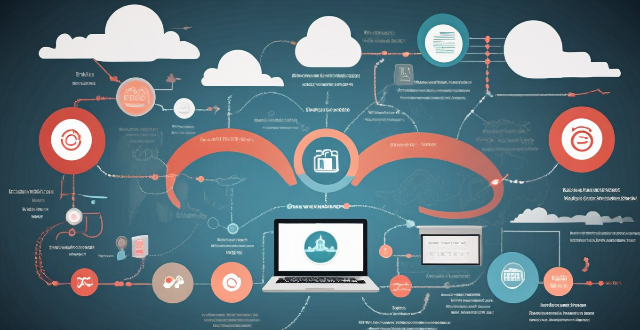
Do unlimited data plans really provide unrestricted internet access ?
Unlimited data plans are marketed as offering unrestricted internet access, but there are often limitations in practice. These include network management practices during peak hours, fair use policies that may reduce speeds for excessive usage, and throttling after reaching certain data thresholds. Additionally, coverage areas and hidden costs can also impact the user experience. It's important to understand the specific terms of your plan before assuming you'll have completely unfettered access.